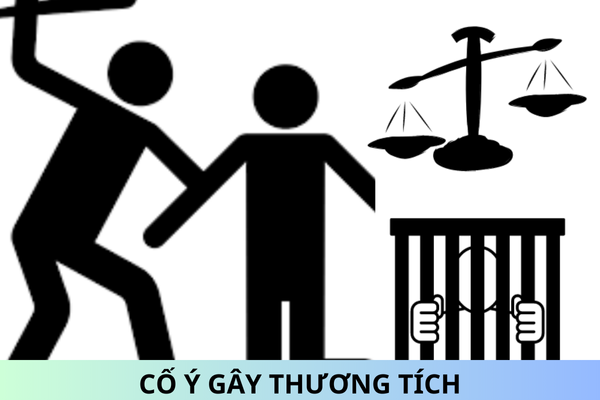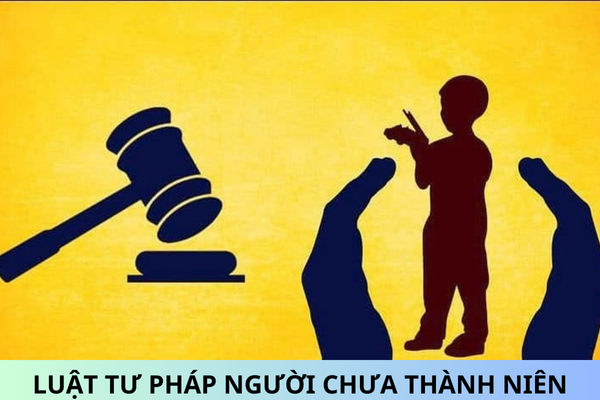How many years of imprisonment shall be imposed on the crime of murder under the law in Vietnam?
How many years of imprisonment shall be imposed on the crime of murder under the law in Vietnam?
According to Article 123 Ciminal Code 2015, which defines the crime of murder:
Article 123: Crime of murder
1. Anyone who commits murder under one of the following circumstances shall be subject to imprisonment from 12 years to 20 years, life imprisonment, or the death sentence:
a) Killing two or more people;
b) Killing a person under 16 years of age;
c) Killing a woman known to be pregnant;
d) Killing someone performing their official duties or for reasons related to the official duties of the victim;
dd) Killing one's grandparent, parent, guardian, teacher, or other caretaker;
e) Killing a person and then immediately before or after, committing a very serious or particularly serious crime;
g) To commit or cover up another crime;
h) To take the victim's body parts;
i) Committing the crime in a barbaric manner;
k) By exploiting one's profession;
[...]
As per the above regulation, anyone prosecuted for the crime of murder can be sentenced from 07 years to 20 years of imprisonment, life imprisonment, or the death sentence depending on the severity of the criminal act.
Anyone preparing to commit murder may be sentenced to imprisonment ranging from 01 to 05 years.
Additionally, the offender may be banned from practicing certain professions or performing specific work from 01 to 05 years, may be subject to probation, or prohibited from residence for 01 to 05 years.

How many years of imprisonment shall be imposed on the crime of murder under the law in Vietnam? (Image from the Internet)
What are cases where death sentence shall not be executed in Vietnam?
Based on Article 40 Ciminal Code 2015 stipulating the death sentence as follows:
Article 40: Death sentence
1. The death sentence is a special punishment only applicable to those committing particularly serious crimes, which fall under the crimes infringing upon national security, human life, drug-related offenses, corruption, and other particularly serious crimes as stipulated by this Code.
2. The death sentence is not applied to persons under 18 years of age at the time of the crime, pregnant women, women raising children under 36 months of age, or people aged 75 and above at the time of the crime or trial.
3. The death sentence is not executed in the following cases for the convicted person:
a) Pregnant women or women raising children under 36 months of age;
b) People aged 75 and above;
c) Convicted persons of embezzlement or receiving bribes who, after conviction, have voluntarily returned at least three-fourths of the embezzled or bribed assets and have actively cooperated with the authorities in detecting, investigating, and handling crimes, or have made significant contributions.
In the cases stipulated in clause 3 of this Article or in cases where the death sentence is commuted, the death sentence shall be converted to life imprisonment.
Therefore, the death sentence is not executed in the following cases for the convicted person:
- Pregnant women or women raising children under 36 months of age
- People aged 75 and above
- Convicted persons of embezzlement or receiving bribes who, after conviction, have voluntarily returned at least three-fourths of the embezzled or bribed assets and have actively cooperated with the authorities in detecting, investigating, and handling crimes, or have made significant contributions.
What are the aggravating factors under the law in Vietnam?
Based on Article 52 Ciminal Code 2015, amended by point b clause 2 Article 2 Law amending Ciminal Code 2017, the following factors are considered as aggravating factors leading to increased criminal liability:
- Organized crime;
- Professional criminal activity;
- Abuse of one's position or powers to commit the crime;
- Crime with a thug nature;
- Crime due to despicable motives;
- Persistently committing the crime to the end;
- Committing the crime multiple times;
- Recidivism or dangerous recidivism;
- Committing a crime against a person under 16 years old or a pregnant woman, a person aged 70 and above;
- Committing a crime against a person in a defenseless state, a severely or exceptionally severely disabled person, a person with limited cognitive abilities, or a person dependent on the offender materially, spiritually, work-related, or otherwise;
- Exploiting wartime, emergency states, natural disasters, epidemics, or other particularly difficult situations in society to commit the crime;
- Using sophisticated, cunning, or cruel methods to commit the crime;
- Using methods or means that can endanger many people to commit the crime;
- Inciting persons under 18 years old to commit the crime;
- Acting cunningly or aggressively to evade or conceal the crime.
Note: The aggravating factors stipulated above, if they constitute elements of the crime or the specific criminal framework, should not be considered as aggravating factors.










